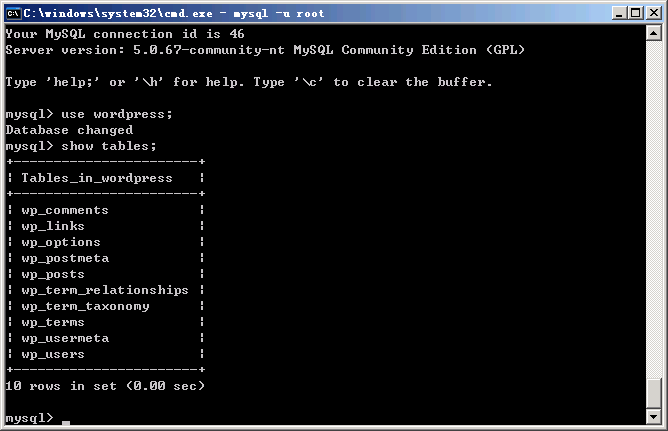

python-makemkv requires Python 3.9 or later. While it can be imported as a module, it also offers a command-line interface that tries to be more intuitive than makemkvcon. &$mkvcmd mkv file:$input_dir\$file\Video_TS $defaultTitle $temp_dir python-makemkv is a simple python wrapper for MakeMKV (written by GuinpinSoft inc.). If ((Test-Path -path $output_dir\$file.mkv) -eq $false) If ((Test-Path -path $temp_dir) -eq $false) The command line is an 'all or nothing affair'. So if you only want the original German director's commentary, with the Swedish subtitles from the main feature, you can do that. The default is 10% (.10), which stops transcoding at 10% For example, the GUI allows you to select which video, audio, and subtitles, you want to copy. This is a way to make certain that the script doesn't j Enabling 'make' in Windows Attention This step needs to be done once on a Windows host machine. This section provides basic instructions and tips on using makefiles. Using command line one can also open SysConfig GUI to configure the example. $mkvcmd="C:\Program Files (x86)\MakeMKV\makemkvcon64.exe" All SDK examples and libraries can be built using makefiles via command line. I have a 64-bit OS, so I used the 64-bit command line exe The template will use a 'pattern' that offsets from where the last disc transcoded left off. Adjust the MakeMKV's Output file name template for the second disc.
Makemkv command line examples tv#
Set the name of the disc to the TV Show name, year of the season being transcoded. # It would be most efficient if this was on the same drive as your output_dir Setup the Output file name template for the first disc. # figure out a way to specify the name of the. # A temp directory to assist in the naming process.

# Directory that you store your on-disk movies It was easier than doing it all manually at any rate This script is certainly not perfect, but it's a start.
Makemkv command line examples how to#
I'll be happy to answer questions, of course. How to Install MakeMKV Silently Download the file to a folder created at (C:Downloads) Open an Elevated Command Prompt by Right-Clicking on Command Prompt. The comments, hopefully, describe the script enough for folks to figure out how to use it. The script uses the name of the folder which CONTAINS the VIDEO_TS folder as the name of the MKV file. PS1 extension, which is a Windows Power Shell file. Just select the text for the script and save it to a file with a. I apologize that it's a windows-only script, but the logic can apply if someone wanted to convert it to bash. It's pretty basic and I got much of my info on the command-line options from this forum. I'm posting it just in case other folks have the same requirement. I've written a basic script I use to batch convert my collection of DVDs into MKV files.


 0 kommentar(er)
0 kommentar(er)
